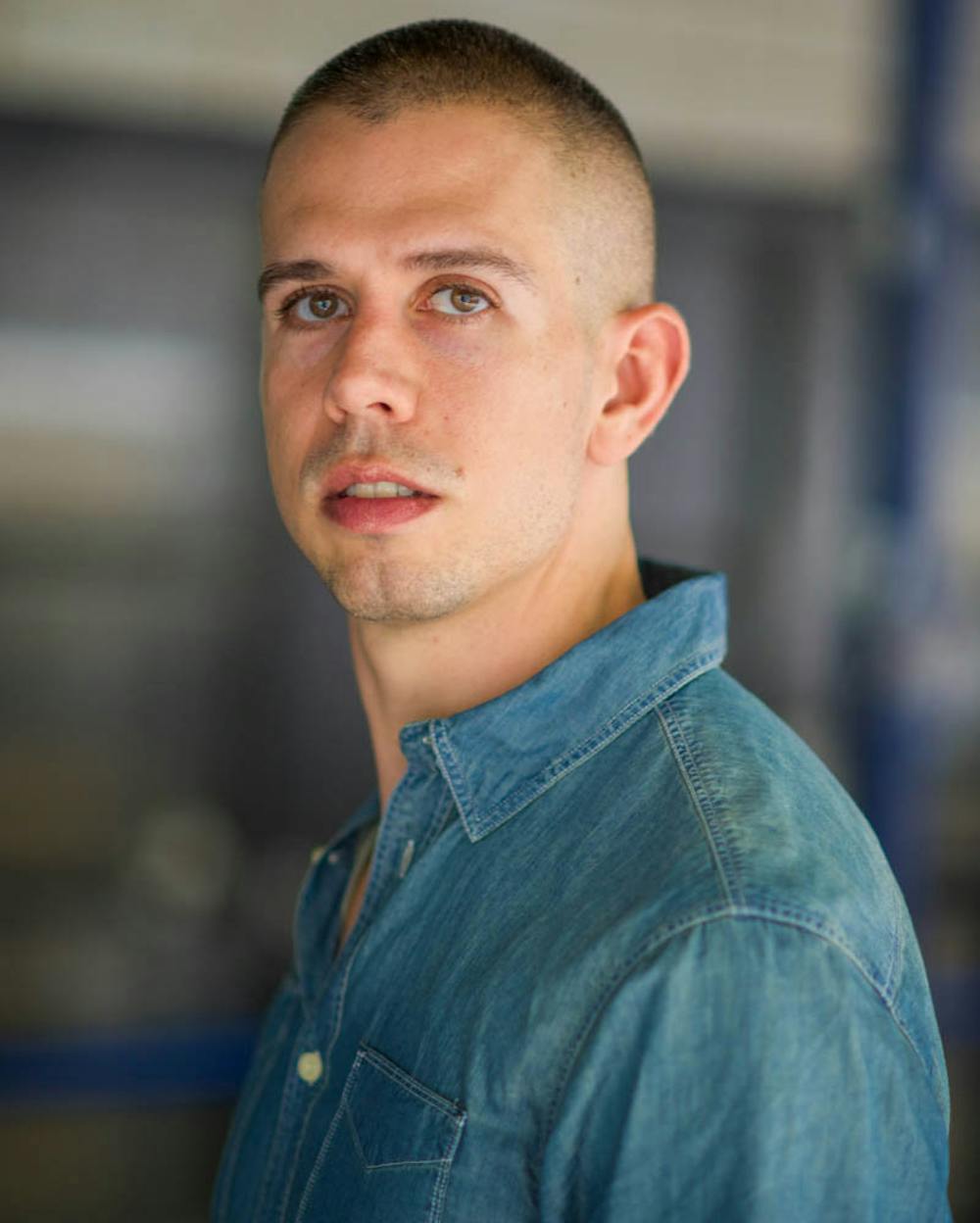Stephen Karam ’02 started writing at Brown and has since been recognized with numerous awards for his work, including a Tony award for his play “The Humans.” Karam, who grew up in Scranton, Penn., initially thought he wasn’t “fancy enough” to attend a school like Brown, but continued to write and act. Now, Karam is developing a new play and writing a screenplay for a movie adaptation of “The Humans.”
The Herald: How did you begin writing plays?
Karam: I just really fell in love with it without making a conscious choice. I didn’t have exposure to a lot of theater where I grew up, so my first connections to theater were when I was in a production of “Little Shop of Horrors” and (saw) a community theater production of “The Glass Menagerie” in Scranton. The best way to describe (my love of theatre) is that it’s just a feeling that people get with things they are obsessed with like baseball or flying planes. It felt like I was home. Theatre was so fun for me to experience that I wanted to help recreate that experience for other people.
What are you working on right now?
I am working on a new play and the film version of “The Humans.” I have always had a visual obsession with “The Humans” and the way in which it’s both a psychological thriller and a family thriller. It’s been inspired by so many genres I love, and the chance to be obsessed with the visual landscape and architecture of that space felt like a risk worth taking.
What is your writing process like?
I am a very slow writer. I research and read and dream a lot before I am able to start. I am very visual, so there are usually things when I am writing that pull me through from beginning to end. In the case of “The Humans,” it was an architectural obsession with space and people in it. The play I am currently trying to get off the ground is very spatially oriented. I am always trying to figure out something that I can’t quite figure out, and that’s what keeps me writing. Beyond that, I am a writer and a rewriter and a rewriter and a rewriter. My process is slow, but I like taking my time and rearranging the pieces like a puzzle.
A lot of your plays use humor to deal with difficult, painful subjects. Why is humor effective in this way?
I like to laugh at myself and people are pretty resilient. I use humor to write through a lot of difficult situations myself. I think it’s an extension of how I see the world in that humor and tragedy exist side by side very easily.
Who are some of your favorite playwrights and authors?
I have been influenced by so many different writers and artists. To narrow them down would feel like a lie.
Does your experience at Brown affect your work?
It’s where I grew up as a human being. I wasn’t really a go-getter when I was at Brown. My first experience was not getting cast in the Sock & Buskin play I auditioned for. There were about a billion parts, and I did not get called back. The same semester I ended up doing a production of the “Little Shop of Horrors” at Production Workshop, playing Seymour. What’s amazing about Brown for me is that it really was a microcosm of what has become my professional world — being involved in the arts is learning it’s not always about success but also about falling down and failing. I had a Brownbrokers show that changed my life. I didn’t even know that I could do a musical. I ended up doing this brawling, overwritten, spectacularly fun adaptation of a Jane Austen novel, and Brown gave me the funding and support to actually make that happen. When I left and was still writing and pursuing a career, it set me up in a really wonderful way to learn to expect things to not always go your way. At the time you might think, “Oh my god I’m at a college campus in Providence, Rhode Island. If I can’t make it now, I will never be able to make it in the real world.” But the truth is, you are on a campus full of people who will be doing this professionally. I remember auditioning with John Krasinski, and they ended up giving the part to John Krasinski. But, at the time, I was just like “I can’t believe I didn’t get a part in the play.” Looking back, a lot of the actors went on to be professional actors. Chris Hayes was doing theatre with me and inspired me. At the time he wasn’t MSNBC Chris Hayes — he was just a smart and talented guy. It’s funny looking back to see how many people have made their way into the theater and communication world.
What was it like to win a Tony?
It was a lot of fun. I was very anxious. The best part was after it was all over. It’s really fun to be recognized for work you do. This was a play that was so personal and sprung from a place of essentially assembling people and artists I loved. I don’t think it gets better than that. I could have won a Tony for writing a jukebox musical, but this felt like my ultimate dream because it was something that came from an original place without the intentions of becoming a commercial enterprise.
This interview has been edited for length and clarity.





